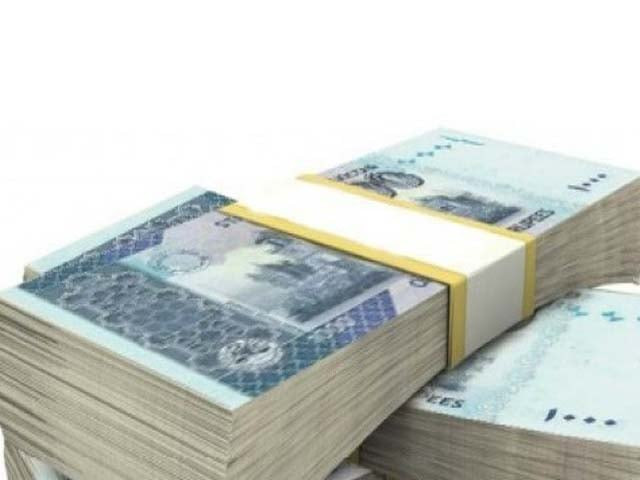Popularity vs stability: To stay afloat, rupee may trim some flab
Pakistani authorities ‘conceptually agree’ to devalue rupee against the US dollar.

Popularity vs stability: To stay afloat, rupee may trim some flab
If your stability depends on stable foreign exchange reserves, would it make sense to spend copious stashes of dollars to maintain the greenback at a popularly-palatable exchange rate?
The government seems to think not, even if some economists would argue otherwise, and has agreed, conceptually at least, to depreciate the local currency.
While depreciation would help make exports competitive and restrict imports, analysts say it would spurt inflation and push the country deeper into the debt trap.
“The Pakistani authorities and the [International Monetary Fund] mission agreed that … responsive exchange rate would reduce vulnerabilities, contain inflation and protect Pakistan’s international reserves,” said a press release issued by the IMF after conclusion of discussions held in Dubai.
Devaluing the rupee
In simpler terms, a responsive exchange rate between two currencies is one that fluctuates to nullify the difference in inflation rate between the respective countries. If Pakistan, for instance, is experiencing a higher rate of inflation compared to the US, the rupee would have to be depreciated to negate the impact of that, and make Pakistani exports competitive again.
Officials privy to the negotiations said that the rupee is overvalued by 7 to 8% against the US dollar and that Pakistani authorities have conceptually agreed to gradually depreciate the currency.
The agreement, however, is not binding upon Pakistan since it is not under any IMF programme.
Pakistan cannot afford to keep the exchange rate at current level, especially with uncertain foreign inflows and declining foreign currency reserves, the officials added.
Downside to depreciation
“Adopting responsive exchange rate as a policy is not advisable as it would increase debt burden, make imports expensive, and consequently spurt inflation,” said Dr Ashfaque Hasan Khan, Dean NUST Business School.
Pakistan’s imports cannot be curtailed by depreciating the rupee since majority of our exports comprise oil, the demand for which cannot be suppressed, and raw materials for industries, Khan said.
Depreciating the rupee to keep exports competitive would also not work at a time of global downturn, when there is already a slump in global demand, he added.
Meanwhile, a Re1 depreciation adds Rs60 billion to Pakistan’s debt stock, even if we don’t borrow an additional dime.
Officials acknowledge the implications of depreciation but argue that inflation could be controlled by increasing the discount rate – the rate at which the central bank lends money to commercial banks.
Sharp discount rate cuts
In a rebuke to the central bank’s last slashing of discount rate by 1.5%, the IMF advised Pakistan to adopt “a cautious monetary policy”.
An official who participated in Dubai talks revealed that the IMF termed the last cut in discount rate “too much” and advised Pakistan to refrain from taking such actions.
The market is speculating a further 0.5% cut in the upcoming monetary policy, due November 30, but officials said the central bank may not do so, especially after the “strongly worded” press release.
Edited by Gulraiz Khan
Published in The Express Tribune, November 24th, 2011.



















COMMENTS
Comments are moderated and generally will be posted if they are on-topic and not abusive.
For more information, please see our Comments FAQ